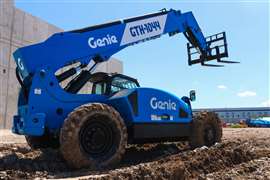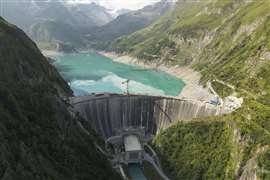Consortium paves road tunnel in Germany
19 May 2021
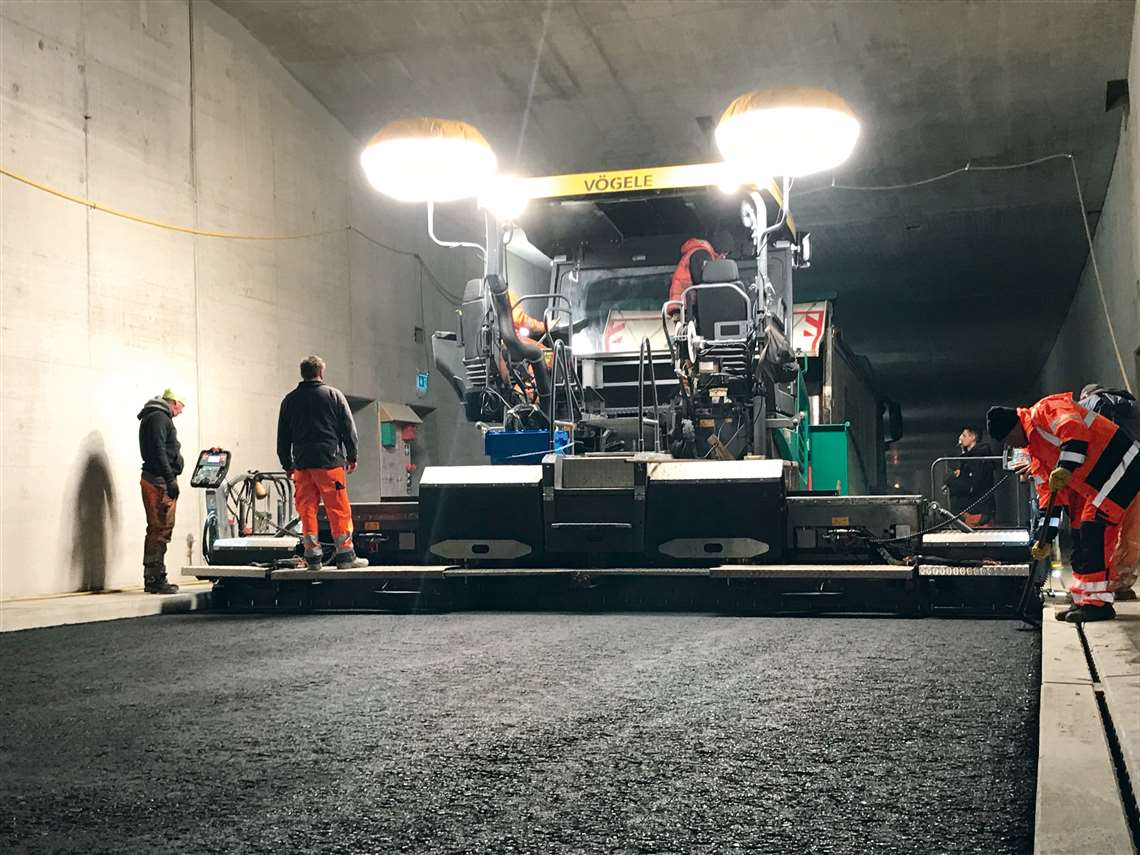 Using the AB 500 and AB 600 Extending Screeds from Vögele, the pavers were able to achieve a high degree of pre-compaction and thus reduce the number of roller passes required.
Using the AB 500 and AB 600 Extending Screeds from Vögele, the pavers were able to achieve a high degree of pre-compaction and thus reduce the number of roller passes required.
The construction of a new road tunnel in Karlsruhe, Germany, has been completed using reduced-temperature asphalt and equipment from Vögele and Hamm.
Part of a major redevelopment of the city’s centre, works for the Karlsruhe tunnel were commissioned by Karlsruher Schieneninfrastruktur-Gesellschaft (KASIG) - the local authority responsible for maintaining the city’s infrastructure.
The contract for the project was awarded to a consortium made up of general contractor Schleith and engineering firm Züblin, which subcontracted asphalt specialist Martin Paschmann Asphaltbau (MPA) to carry out the paving works.
Due to strict emissions regulations, MPA was only allowed to use equipment fitted with diesel particulate filters, and had to use low-temperature asphalt.
Wirtgen, the parent company of Vögele and Hamm, said, “The temperature of the material is roughly 30°C below that of hot asphalts and its use helps to lower the pollution from vapours, emissions and high temperatures that workers are exposed to.”
Christian Riede, an engineer and senior construction manager at Schleith, said, “Paving reduced-temperature asphalt is still new to a lot of people, so there is a lack of experience-based values - especially with regard to material characteristics during compaction, which was why we continuously checked density using an isotope probe.
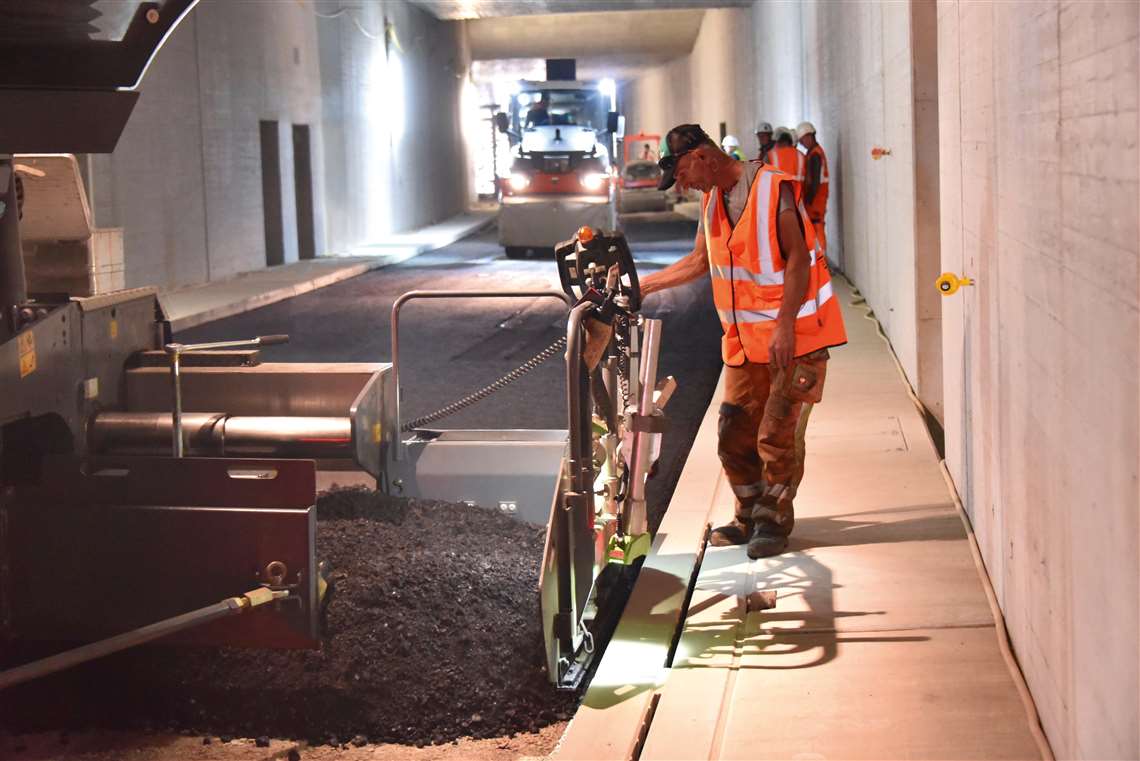 The challenge of low-temperature asphalt: the contractor used Vögele and Hamm machines to build a homogeneously compacted carriageway in the Karlsruhe road tunnel.
The challenge of low-temperature asphalt: the contractor used Vögele and Hamm machines to build a homogeneously compacted carriageway in the Karlsruhe road tunnel.
“Both the measurements and the laboratory examinations carried out subsequently confirmed that we produced a high-quality, homogeneously compacted carriageway using Vögele pavers and Hamm rollers.”
MPA used two Vögele SUPER 1800-3i pavers and three rollers manufacturer by Hamm to pave two separate tunnel bores measuring 5.3m and 6.8m wide with the low-temperature asphalt. The roller models included the DV+ 90i VT-S-type combination roller, the DV+ 70i VV-S tandem roller and the HD 14i VO compact roller.
The company’s paving team used special waxes to compact the mix, which hardens when it reaches a critical temperature. According to Wirtgen, this meant the rollers needed to work close to the paver in short, regular runs and that MPA had to make sure the equipment train moved steadily to allow its operatives to compact the asphalt as quickly and smoothly as possible.
Riede said, “Although it was possible to process the reduced-temperature asphaltic concrete used for a relatively long time, it would then suddenly become hard.
“This instant rise in stiffness makes compaction work more difficult and is a key difference from conventional hot asphalt. This once again proves that use of the correct time window is a key factor in the success of high-quality compaction.”
Started in 2019, the redeveloped of Karlsruhe’s city centre will see the installation of a large pedestrian space with a landscaped tram tracks. A 1.6km-long underground train line is also currently being constructed.
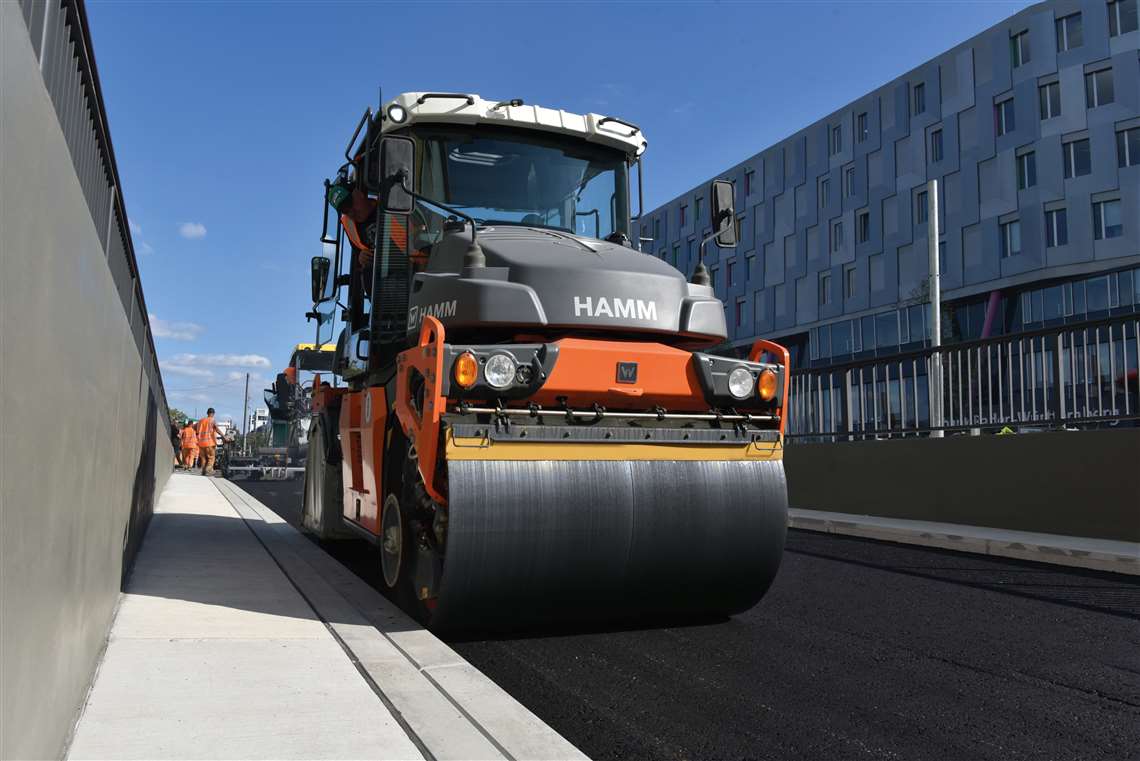 The combined base and binder course in the tunnel was completed by the DV+ 90i VT-S Combination Roller with thermal aprons.
The combined base and binder course in the tunnel was completed by the DV+ 90i VT-S Combination Roller with thermal aprons.
STAY CONNECTED


Receive the information you need when you need it through our world-leading magazines, newsletters and daily briefings.
CONNECT WITH THE TEAM









